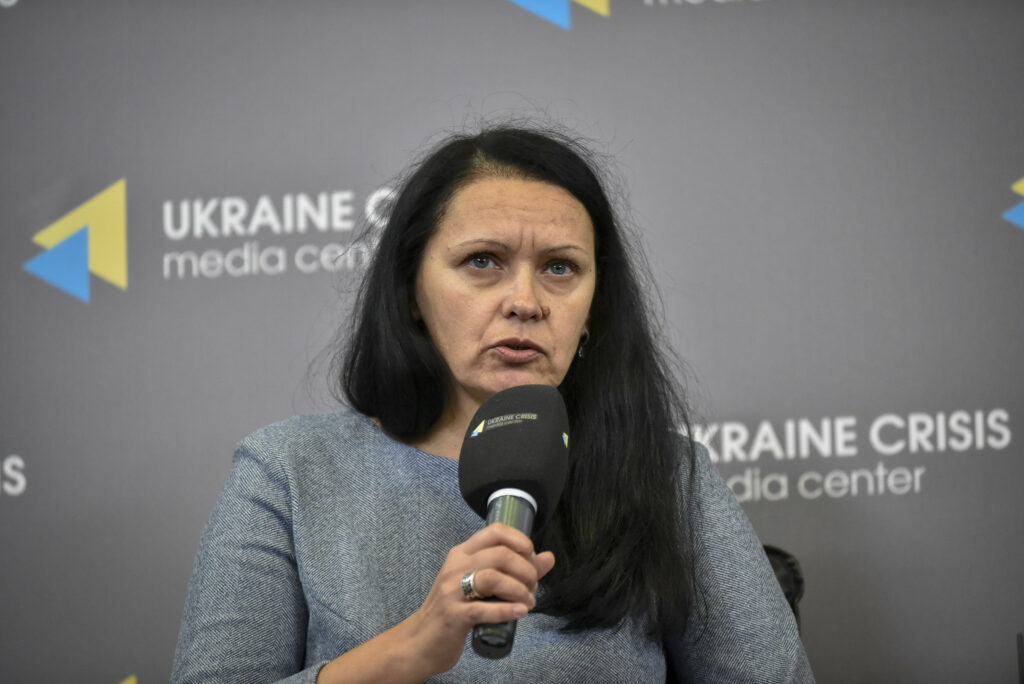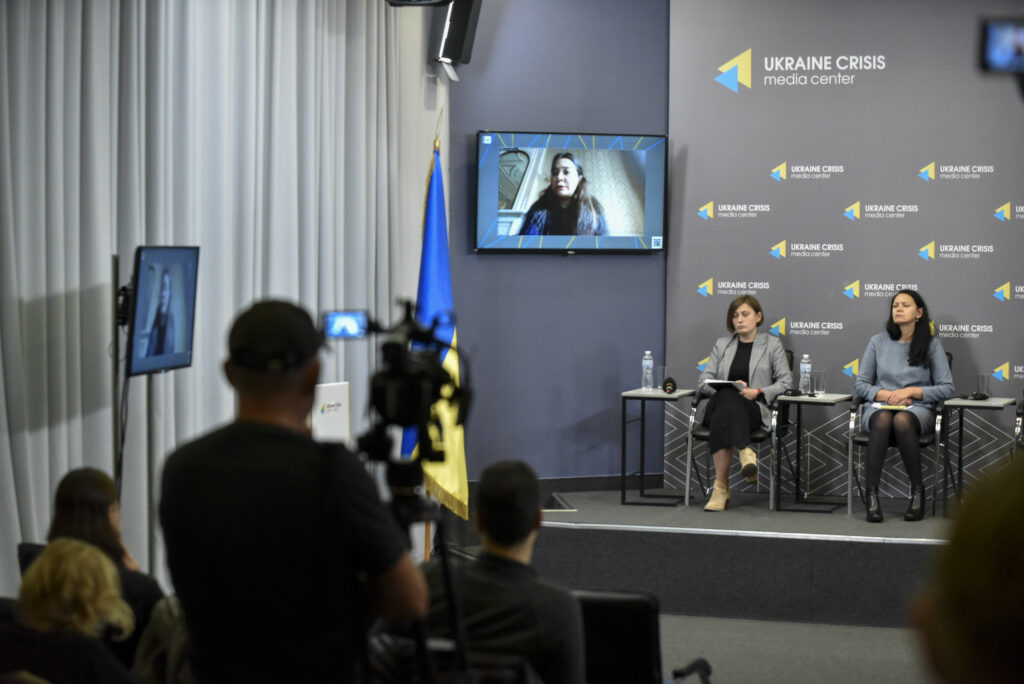The Ukrainian Legal Advisory Group initiated a briefing dedicated to the protection of the rights of Ukrainians illegally detained by the Russians in the occupied territory. The reason for this conversation was the news about the death of Ukrainian journalist Viktoriia Roshchyna, whose body the Russians have not yet returned to Ukraine.
“We all saw the news of October 10, when reports about the death of Viktoriia Roshchyna in captivity in the Russian Federation began to appear. We consider that to be a vivid and tragic example of a wide systematic problem that affects lots of illegally detained people,” – this is how Arie Mora, advocacy and communications manager at the Ukrainian Legal Advisory Group, explained the need for the briefing.
According to him, we still lack effective mechanisms for returning these people to Ukraine and bringing perpetrators of these large-scale and systematic crimes to justice, although there are some initiatives.
According to Tetiana Katrychenko, who represents the Media Initiative for human rights, in early February 2022, the organization knew about at least 300 cases of arrest and detention of civilians in the Donetsk and Luhansk regions, and more than 150 cases in the territory of occupied Crimea. After the full-scale invasion began, this number increased.
“We can talk about at least 1,880 people. As for the regions that are fortunately not occupied, at least 250 people were detained and taken to the territory of the Russian Federation in the Kyiv region and slightly fewer – in the Chernihiv and Sumy regions. All of them are in the territory of the Russian Federation without special status. That is, no charges have been brought against them. Nothing is explained to them,” Tetiana Katrychenko said.
Sevhil Musaieva, Ukrainska Pravda editor-in-chief, noted that Viktoriia Roshchyna was a freelancer for Ukrainska Pravda and other Ukrainian media; she was absolutely legally engaged in her work and saw it as her mission to tell about what Ukrainians face in the occupied territories. She prepared important materials about the deportation of children, violations of humanitarian law by Russia, and about the road of life. All these stories are very important evidence of how Ukrainians live and what difficulties they face in the occupied territories.
“Believe me, it’s not even about dozens of people, – she said. – These are hundreds of thousands of people who are currently in prisons in the occupied territory and in Russia. Among them are women. They are in terrible conditions. I really hope that Viktoriia’s case will break this deadlock and we will be able to bring up the issue of providing access to civilian hostages for international organizations.”
The UN special rapporteur on human rights violations in Russia, Mariana Katsarova, first of all addressed Viktoriia Roshchyna’s parents and noted that in these difficult times, our hearts and thoughts are with them, because what happened to them can be compared to torture.
“From the first days of taking office, I have been saying that it is important to understand what the Russian Federation is now. We should understand the connection between the repression of critics of the war and journalists and the aggression against Ukrainian citizens. These are things that cannot be separated. They are committed by the same persons who give criminal orders to torture and kill human rights defenders, journalists, and citizens of Ukraine on the territory of the Russian Federation,” Mariana Katsarova emphasized.
According to her, what happened to Viktoriia is not only a war crime. This is a violation of human rights, which must be investigated by all possible mechanisms. The Russian government must immediately confirm and release news about this situation. “Both you and we should turn to the UN mechanisms and the European Court after the Ukrainian legal system exhausts its resources. Next, we must take urgent measures regarding deported citizens of Ukraine and prisoners in general, including prisoners of war, but first of all civilians,” the UN Special Rapporteur on human rights violations in Russia stressed.




